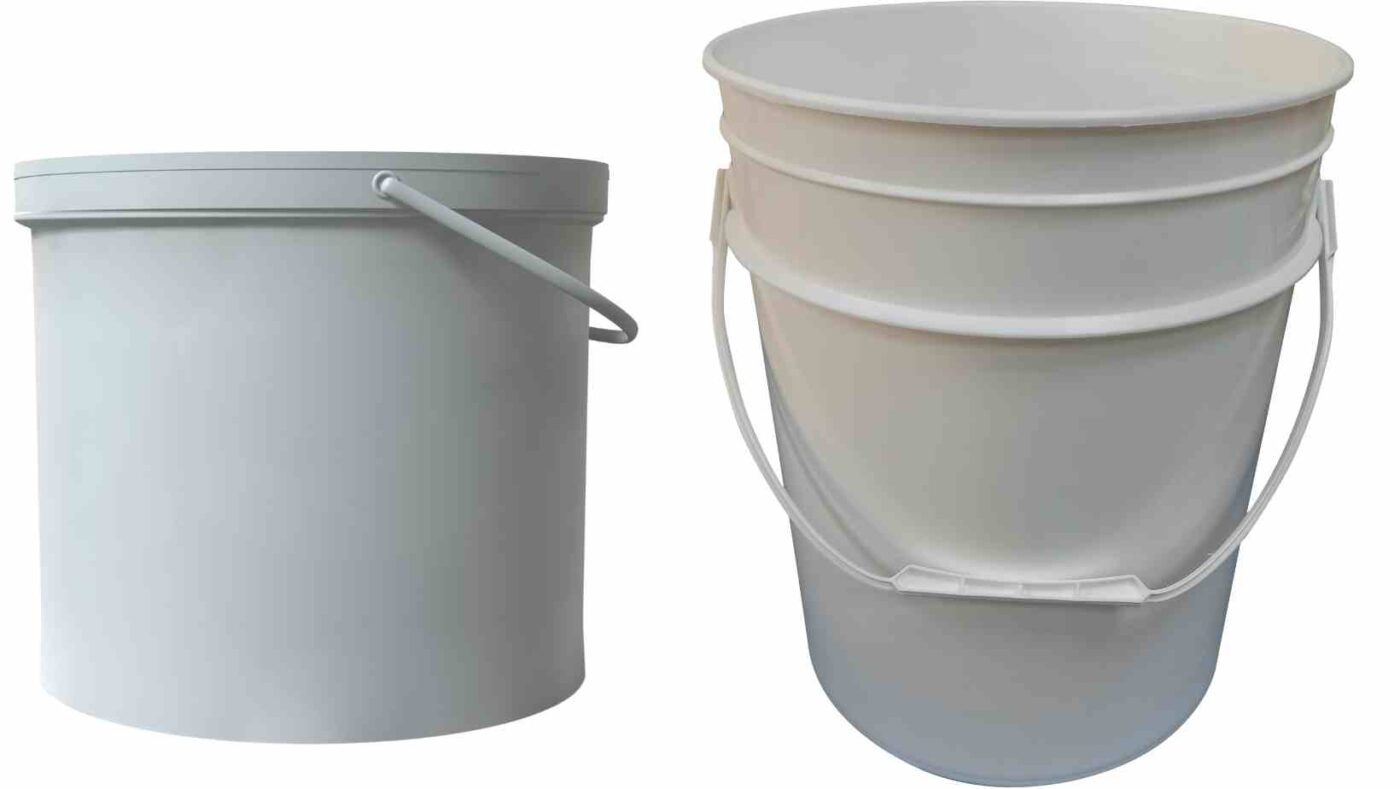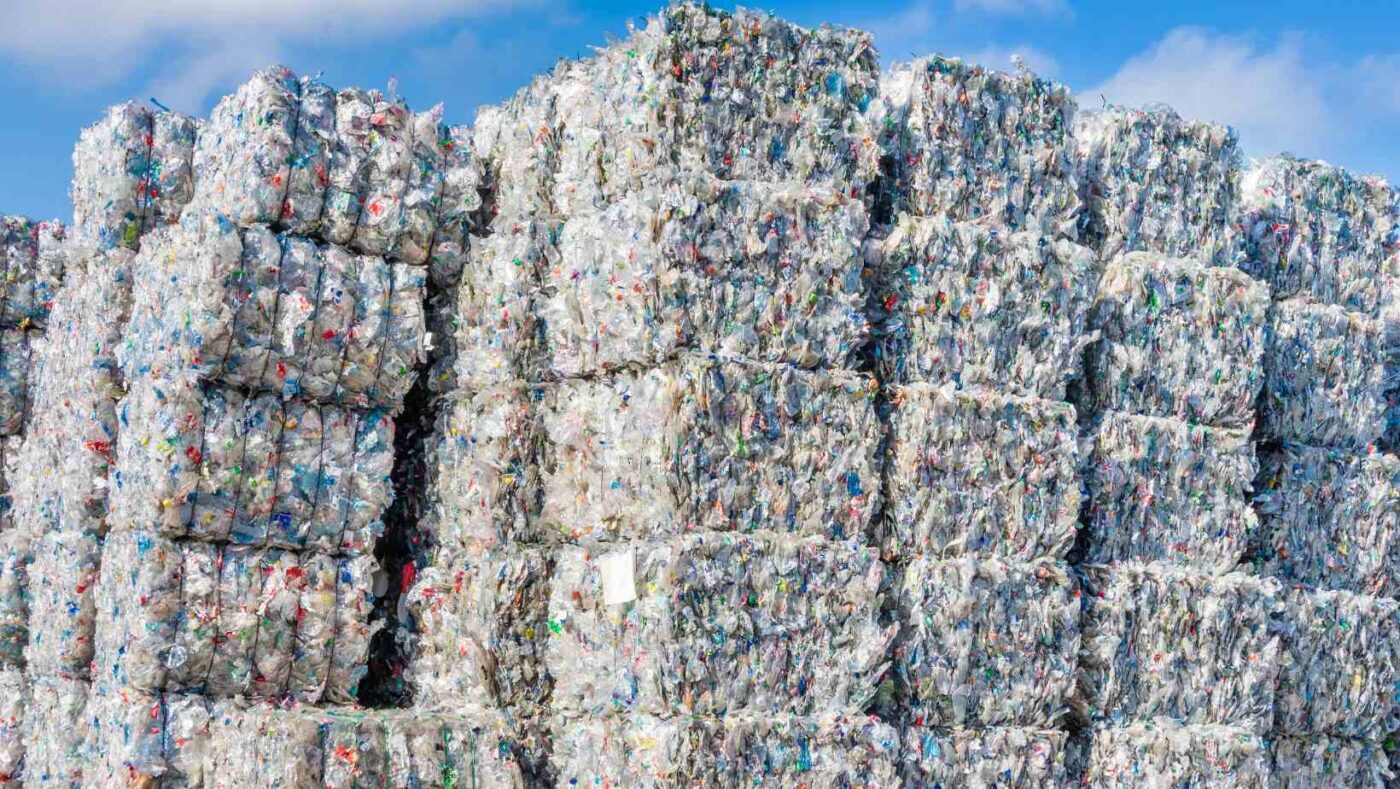Plastic Buckets are made from Polypropylene (PP) or high density polyethylene (HDPE), a durable and lightweight plastic material that can withstand a wide range of temperatures and resist damage from chemicals and UV radiation.
This products are commonly used in a variety of industries, including food and beverage, agriculture, construction, and manufacturing. They are available in different sizes, shapes, and colors, depending on the specific needs of the user. Some plastic buckets come with lids or covers, which can help prevent spills and contamination.
One of the advantages of is that they are relatively inexpensive compared to other types of containers, such as metal or glass. They are also lightweight and easy to handle, making them ideal for transportation and storage.
Overall, this product are a versatile and cost-effective option for storing and transporting a wide range of materials. If you are considering using pail in your industry or project, it is important to choose the appropriate size and material type based on your specific needs and requirements.
Table of Contents
What is the Difference Between HDPE and Polypropylene Bucket?
HDPE (High-Density Polyethylene) and Polypropylene (PP) are two common materials used for manufacturing plastic buckets. While both materials have some similarities, there are some notable differences between the two.
One of the main differences between HDPE and Polypropylene pails is their level of durability. HDPE is generally considered to be a more durable material, as it has a higher strength-to-density ratio than PP. This means that HDPE buckets are more resistant to impact, punctures, and cracking than PP buckets. Additionally, HDPE is more resistant to UV radiation, which means that it can withstand exposure to sunlight for longer periods of time without becoming brittle or discolored.
Another difference between HDPE and Polypropylene buckets is their level of flexibility. Polypropylene is a more flexible material than HDPE, which means that it can be molded into more complex shapes and sizes. This makes PP buckets a more suitable option for applications that require specific shapes or designs, such as food packaging or medical devices.
In terms of cost, Polypropylene is generally less expensive than HDPE. This is because PP is easier to manufacture and has a lower density, which means that less material is required to produce a bucket of the same size and volume.
When it comes to chemical resistance, both HDPE and Polypropylene are generally resistant to a wide range of chemicals, including acids, bases, and solvents.
Overall, the choice between HDPE and Polypropylene buckets will depend on the specific application and requirements. HDPE is generally a better option for applications that require high durability and UV resistance, while Polypropylene is a better option for applications that require flexibility and lower cost.
You may want to read:
Why Should I Prefer Polypropylene Bucket?

Are Plastic Buckets Recyclable?
Yes, plastic buckets are recyclable. Most buckets are made from high-density polyethylene (HDPE) or polypropylene (PP), a commonly recycled plastic material. PP and HDPE are light, durable and strong plastic polymers that can be easily melted into new products.
Recycling plastic buckets involves several steps. First, the buckets are sorted and cleaned to remove any contaminants, such as dirt or labels. The buckets are then shredded into small pieces, which are melted down and formed into pellets. These pellets can then be used to create new plastic products, such as pipes, toys, and furniture.
The recycling process for plastic buckets has several benefits. It helps reduce the amount of plastic waste that ends up in landfills, which can help reduce environmental pollution and greenhouse gas emissions. Additionally, recycling plastic buckets can help conserve natural resources, such as oil, that are used to make new plastic products.
Can a Customized Plastic Bucket With IML Be Recycled?
IML, which stands for in-mold labeling, refers to a process where a label or graphic is placed inside the mold before the plastic is injected, resulting in a durable and long-lasting label that is integral to the plastic product.
Custom printed buckets with IML can be easily recycled as the IML label is also produced from polypropylene.
You may want to read:
What is IML?

